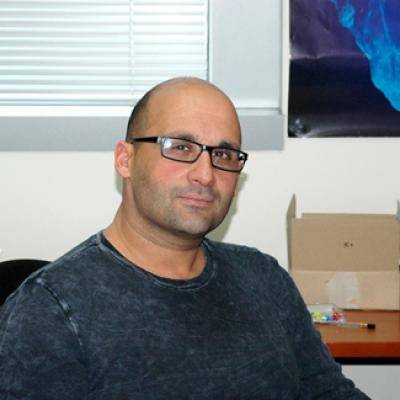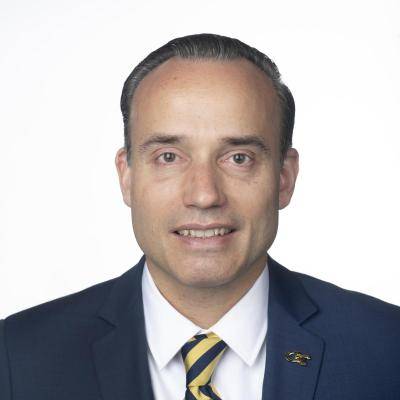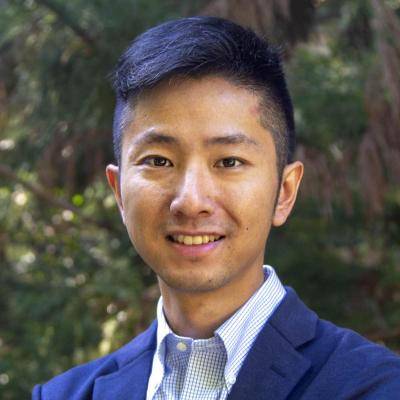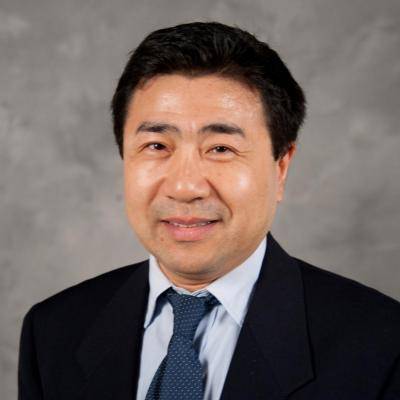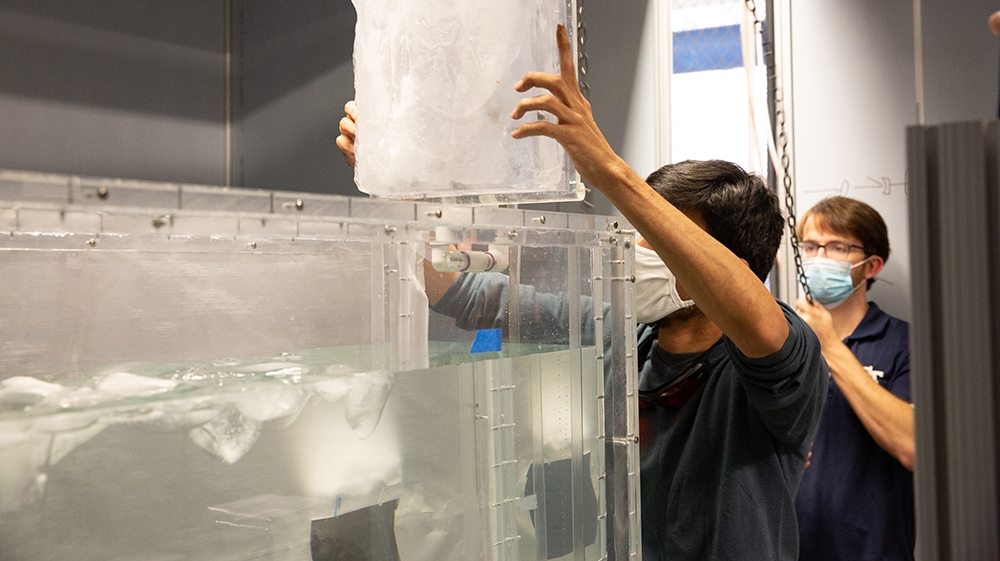
About Water Resources Engineering
Water Resources Engineering offers a stimulating and diverse educational environment with opportunities to participate in innovative experimental, computational and modeling research.
Our program focuses on water, air, and land systems, with an emphasis on the science and engineering applications of environmental transport processes and sustainable resource management. Students and faculty members often develop their research into new technologies that benefit engineering practice in fluid mechanics, hydraulics, hydrology, hydroclimatology, and water resources.
Focus Your Studies
There are opportunities available at all levels for students interested in Water Resources Engineering. Undergraduate students may choose an optional track to focus their electives and gain a deeper understanding of this discipline. There are also opportunities for students to conduct research in this area with faculty and graduate students.
Graduate programs in civil engineering are organized within the affinity groups. Students pursuing a master's degree or PhD can choose to affiliate with the Water Resources Engineering group for their educational and research activities. Graduate students will work closely with faculty advisors throughout their studies and as they prepare a thesis. Browse the directory at the bottom of the page to get to know the faculty in this group and learn more about their research interests.
(text and background only visible when logged in)
Key Research Areas
Hydroclimatology and Water Resources
- Terrestrial and atmospheric water/energy processes and fluxes.
- Decision support systems promoting integrated, equitable, and sustainable water use.
Environmental Fluid Mechanics and Hydraulic Engineering
- Turbulent entrainment, transport, and mixing processes in natural and engineered environments.
Coastal and Ocean Engineering
- Waves, currents and transport from the ocean to the intertidal zone
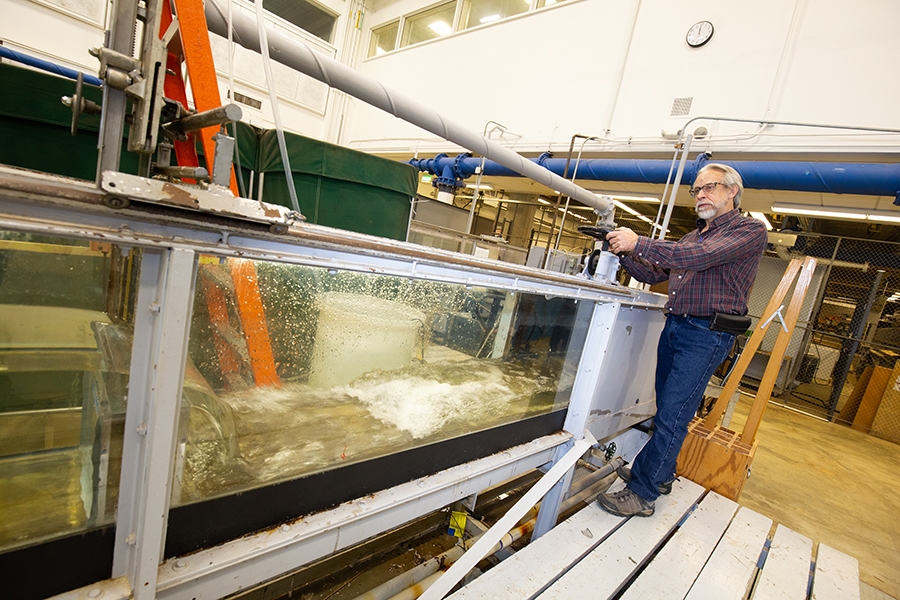
Facilities
Research and teaching are supported by state-of-the-art experimental, computational and data-acquisition facilities.
The Environmental Fluid Mechanics Laboratory includes a large constant-head tank, a 4.3 m wide sediment scour flume, a 24 m long tilting flume, a recirculating flume for cohesive sediment resuspension, a recirculating salt-water flume, a density-stratified towing tank, and a 24 m long wave tank. Instrumentation includes Acoustic Doppler Velocimetry (ADV), Laser Doppler Velocimetry (LDV), Particle Image Velocimetry (PIV), Laser-Induced Fluorescence (LIF), and three-dimensional visualization.
The Computational Laboratory includes a 16-node (64 CPUs) High Performance computing cluster and a number of Linux workstations. An eight-CPU, 32GB RAM visualization workstation was recently added. Our graduate students also have access to Georgia Tech's high performance computing systems and several European supercomputers.
Field instrumentation includes pressure transducers and ther mistors; a Campbell Scientific Eddy Covariance Tower System that directly measures sensible, latent and CO2 fluxes between the terrestrial landscape through the atmosphere. This tower includes soil moisture probes, a rain gauge and dataloggers. Additional equipment includes an ISCO portable water sampler with ultrasonic level sensor and rain gauge, a depth-integrating suspended sediment sampler, a bed sediment sampler, a PPP Spectral Analyzer, and current meters.
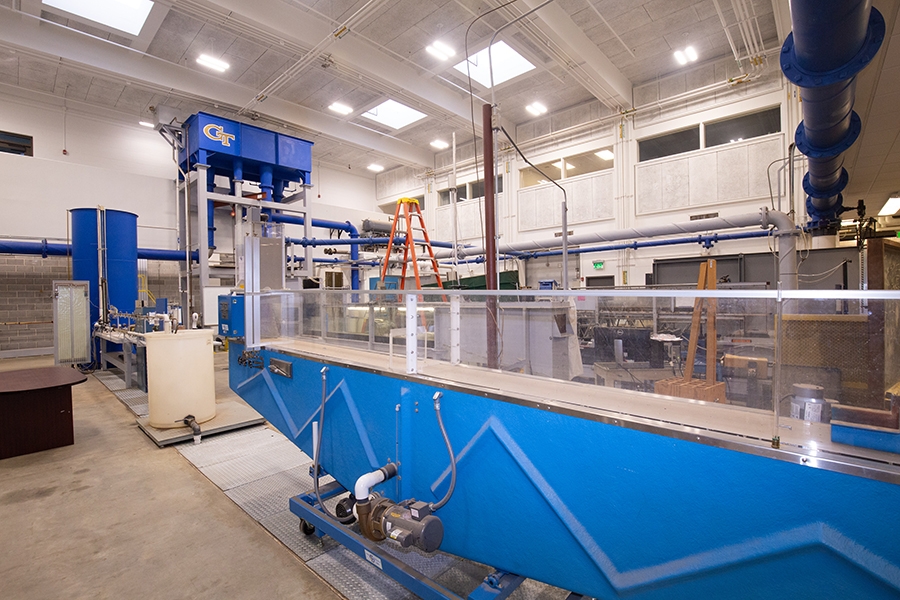
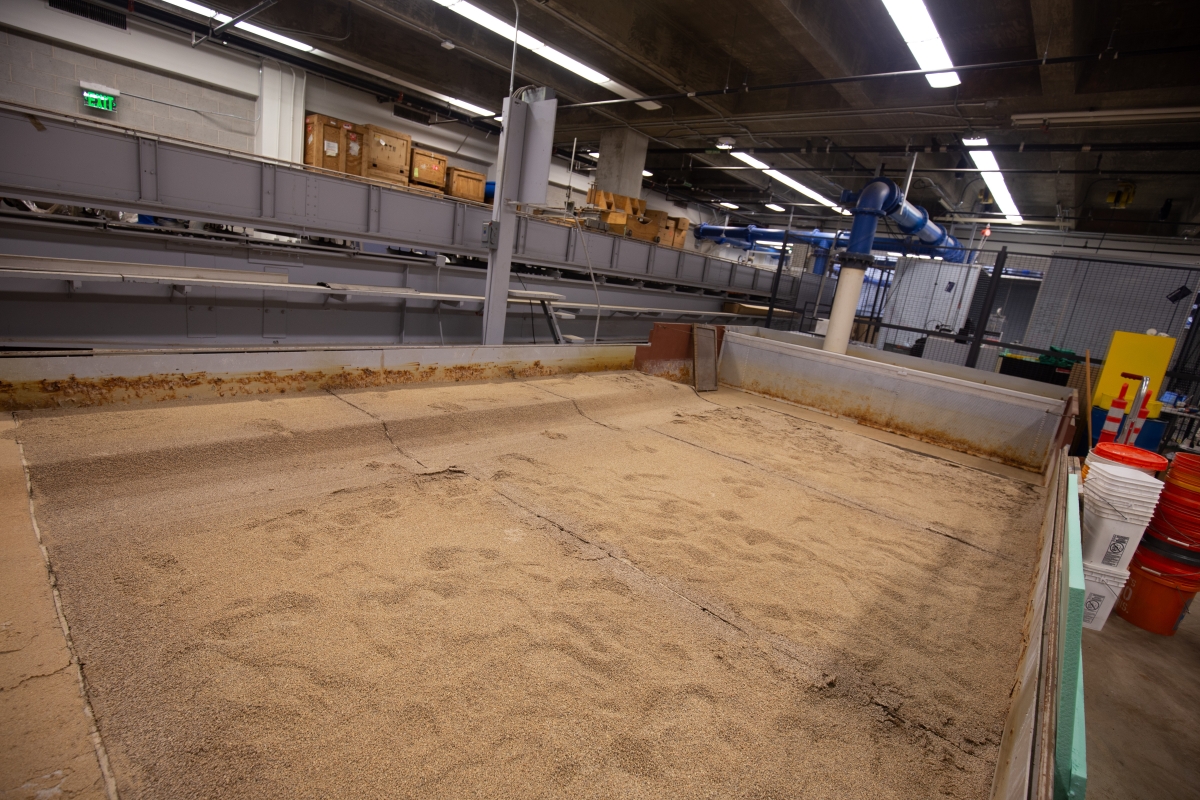
Faculty
Water Resources Engineering group is comprised of an intellectually diverse group of faculty whose expertise includes tsunamis, rogue waves, flood and drought management, fluid mechanics and more. Click on each image below to learn more about their educational and research objectives.


